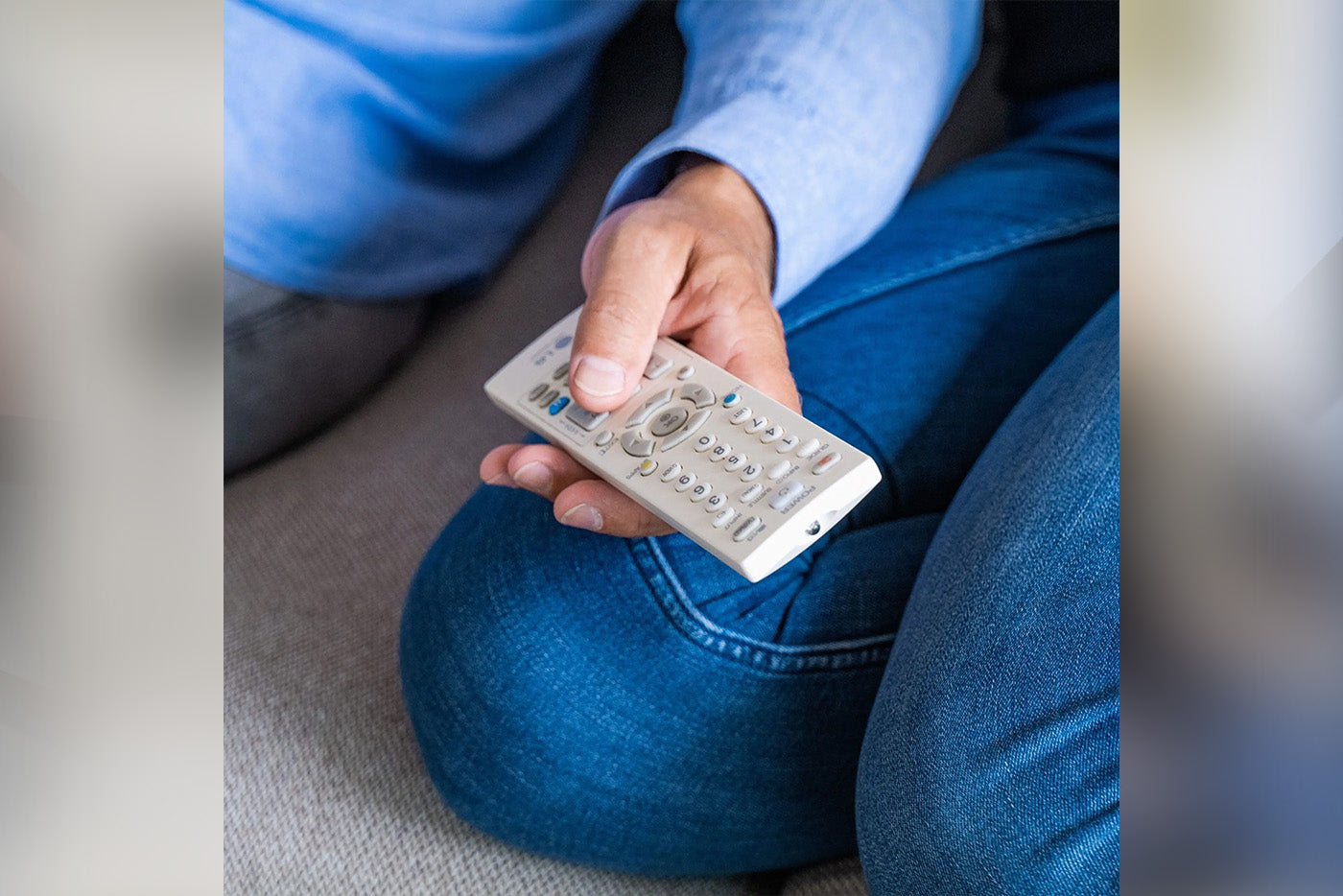One of the main reasons why films are sometimes loud and sometimes quiet is the way they are produced. Sound effects such as explosions, gunshots or music can be very loud, thereby increasing the volume level. Dialogue, on the other hand, should normally be easy to understand and not drowned out by other sounds. However, if a filmmaker has a loud scene immediately following a scene with quiet dialogue, it can be difficult to balance the sound perfectly and the clear speech is lost.
One of the main reasons why movies are sometimes loud and sometimes quiet is the way they are played back on different devices. Another reason for varying volume levels in movies is the way they are played back on different devices. When you watch a movie in a cinema, the sound is played at a high basic volume in a large auditorium with a large number of special speakers. However, when you watch the same movie at home on a TV with or without a sound system such as a soundbar connected to it, the sound may sound different because the speakers are usually smaller and you hear it at room volume, which is much quieter than in a cinema.
In addition, you generally have far fewer speakers in your living room than in the cinema, as otherwise the living room would be cluttered. All of this can lead to music and noises drowning out speech and dialogues generally being more difficult to understand. Our hearing is designed in such a way that it perceives dynamic changes in volume more clearly the quieter the listening volume is.
As a result, films are sometimes loud and sometimes quiet. You are exposed to these volume changes and you constantly adjust the volume with the remote control in the hope of achieving a more pleasant overall volume. But that doesn't work because you don't know what's coming next. So you amplify the volume fluctuations in films rather than correcting them.
The company Kronoton has taken on this problem and solved it with its HDSX TV Sound Optimizer. This is a palm-sized device that is inserted into the signal path between the TV and an external TV sound system, such as a soundbar.
The device includes technology specifically designed to solve the problem of fluctuating volume levels and unintelligible dialogue in movies. This technology uses an algorithm that automatically adjusts the sound to ensure that dialogue is clear and understandable, while at the same time controlling loud sound effects so that they blend harmoniously into the overall audio image.
The HDSX TV Sound Optimizer uses a special method of analyzing the audio signal to detect the volume of dialogue and other sound effects. It then automatically adjusts the sound to ensure that dialogue is always clear and understandable and that loud sound effects are not too loud. At the same time, the sound remains interesting and varied to listen to.
The HDSX - High Definition Sound Expansion technology works in real time and with the highest sound quality. This means that any kind of volume fluctuations are a thing of the past, as are advertisements that are too loud compared to quieter programs, channels that are at different volumes, or streaming and internet portals. Once installed, the HDSX TV Sound Optimizer harmonizes all volume jumps, ensures clear speech on all channels and thus improves the TV sound sustainably.





Leave a comment
All comments are moderated before being published.
This site is protected by hCaptcha and the hCaptcha Privacy Policy and Terms of Service apply.